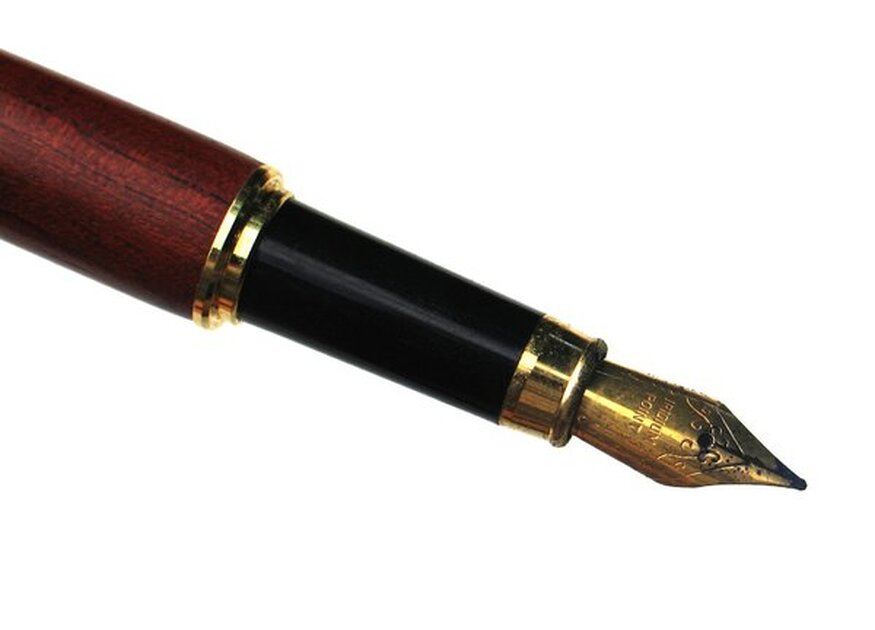
Our Gemara on Amud Aleph discusses the practice of making sure that no significant amount of liquid is left behind in the seller’s vessel, to be scrupulously honest:
Anyone who sells wine, oil, or similar liquids is obligated, after he transfers the liquid into the buyer’s vessel, to drip for him three extra drops from the measure.
There is also an aggadic instance of three drops in the Talmud (Menachos 29a):
This world was made with the Hebrew letter “Heh”. This letter is composed of one horizontal line resting on two vertical lines, yet the left vertical has a break between the top of the leg and the roof.
Rashi (ibid) says these three lines represent the three drops that were used to create the world out of the elements of water, fire and air, according to Sefer Yetzira.
The Gemara goes on to study the implications of the structure of this letter “Heh”:
æææÊæ æ ææ æ ææ´æ ææÂæææ æææ ææ"æ ææÊæ æ æˋææææ ææææÀææ´æ æˋææ ææ´ææÎæ ææÎææˆ ææÎæ ææ"æ æˆæææ ææ´æÂææ æææ æææ´ ææˆæˋæææ ææÂææææ æææ
And for what reason was this world created specifically with the letter heh? It is because the letter heh, which is open on its bottom, has a similar appearance to a colonnade, which is open on one side. This alludes to this world, where anyone who wishes to leave may leave, i.e., every person has the ability to choose to do evil.
And what is the reason that the left leg of the letter Heh is suspended, i.e., is not joined to the roof of the letter? It is because if one repents, he is brought back in through the opening at the top.
ææææÂæææ æææ ææ ææÀæˆæææÂæ ææææˆæ æææ´ææˋ ææÏææˋ ææææ´ æ´ææˋ ææÏææˋ æææ æææˆææ (ææˋææ æ, ææ) ææ æææÎææ æææ ææææË æææÂæ æææ ææˆæ ææ ææ ææææ´ ææÀæææÂææ æææˆæ ææ ææææ æÊææˆæææ ææ
The Gemara asks: But why not let him enter through that same way that he left? The Gemara answers: That would not be effective, since one requires assistance from Heaven in order to repent, which is symbolized by the small opening in the side. In accordance with the statement of Reish Lakish. As Reish Lakish says: What is the meaning of that which is written: “If it concerns the scorners, He scorns them, but to the humble He gives grace” (Proverbs 3:34)? Concerning one who comes in order to become pure, he is assisted from Heaven, as it is written: “But to the humble He gives grace.” Concerning one who comes to become impure, he is provided with an opening to do so.
The Rashba (ibid) wonders, why is it harder to come back through the bottom than the side? And, why not utilize both openings?
I would like to suggest that the Gemara is referring to two kinds of repentance pathways. Sometimes a person can retrace his steps and go back the way he came. That is an unusual feat, requiring not merely a change in action or shift but a complete undoing of the past. Most people cannot achieve that, so God is kind and allows the person to find a new opening, a new angle of approach or frame of mind to live better in the future.
In modern metaphors, do you replace the entire motherboard or do you fix the loose or burned wires in the circuit? For many people, the pathway to repentance is better facilitated by changes in current behavior. It is important to consider that God can choose to be gracious in that way, however if one has hurt people they may require not just new behaviors, but also restoration and repair of the past in order to have their dignity recovered.

 Previous
Previous
